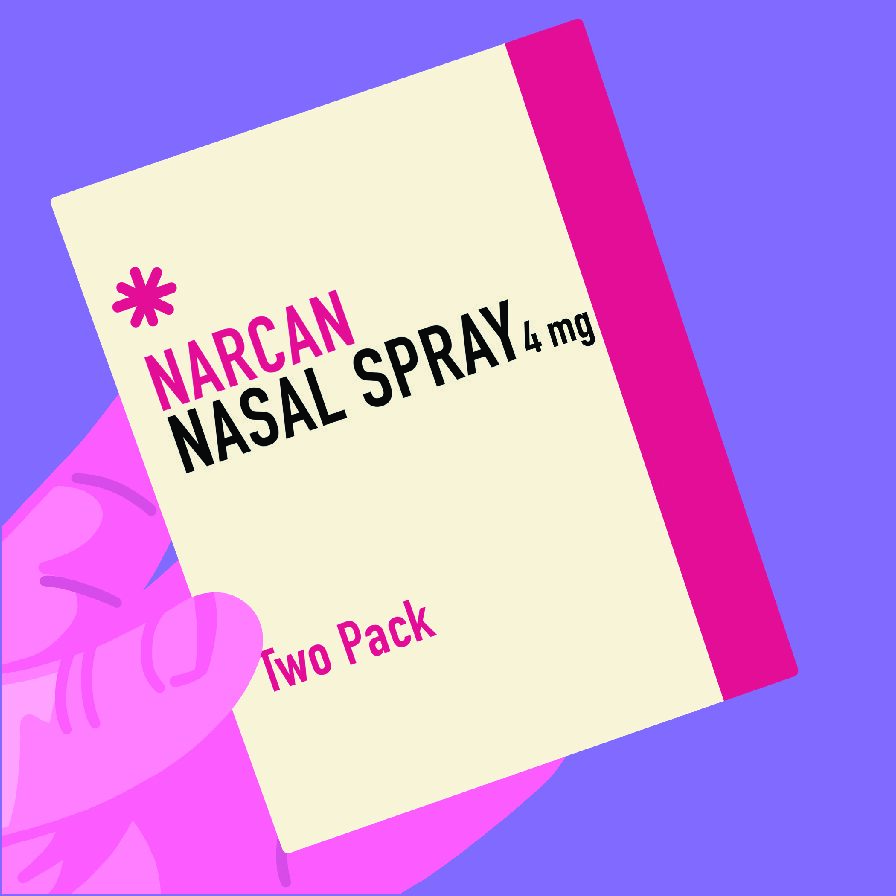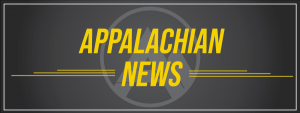Available university resources for harm reduction
November 29, 2022
“Over 60% of full-time college students have consumed alcohol, and a staggering 39% report engaging in binge drinking … over the past month,” according to the National Library of Medicine.
With this, they report that “nearly half of 946 college students who were followed from freshman to junior year met criteria for at least one substance use disorder during that time.”
The Appalachian has compiled a group of campus harm reduction resources for faculty, staff and students of the university.
For easy access to begin help with harm risk, Counseling & Psychological Services compiled a “self-help” page for links to information about what people can start with on their healing journey. The page includes dealing with loss, anxiety, depression, body image, relationships and more.
Though resources like these are beneficial in some cases, it can take more to help with deeper struggles, for those who need it. The site includes an online screening for a more personalized diagnosis and help for each individual.
App State’s Wellness and Prevention Services also provide Alcohol and Other Drug Counseling. The page includes information about the struggles and offers a number to call and make an appointment.
The phone number provided on the page is the general number for Wellness & Prevention Services, there is not one provided specifically for drug and alcohol abuse.
For people concerned about what they can do for those close to them struggling with alcohol or drug use, Wellness and Prevention Services have compiled a list of signs of overdose and what can be done from the outside to help.
Wellness and Prevention services also offers free fentanyl test strip kits and naloxone to students who anonymously request the service through their website or in the office.
App State Police compiled a Drug and Alcohol Prevention Program report to explain the health risks and dangers of drugs and alcohol.
“Alcoholism, like other drug addictions, is medically defined as a chronic, progressive and potentially fatal disease,” App State Police wrote in their report.
The university offers a Collegiate Recovery Community which “offers support to students who are in recovery; wanting to be in recovery; or those who wish to support others on their recovery journey,” according to their website.
In addition to help for those recovering from addictions, the program also provides ally training for people who want to know how they can help those close to them with addiction.
Online training is provided for those struggling with addiction and those urged to help.












